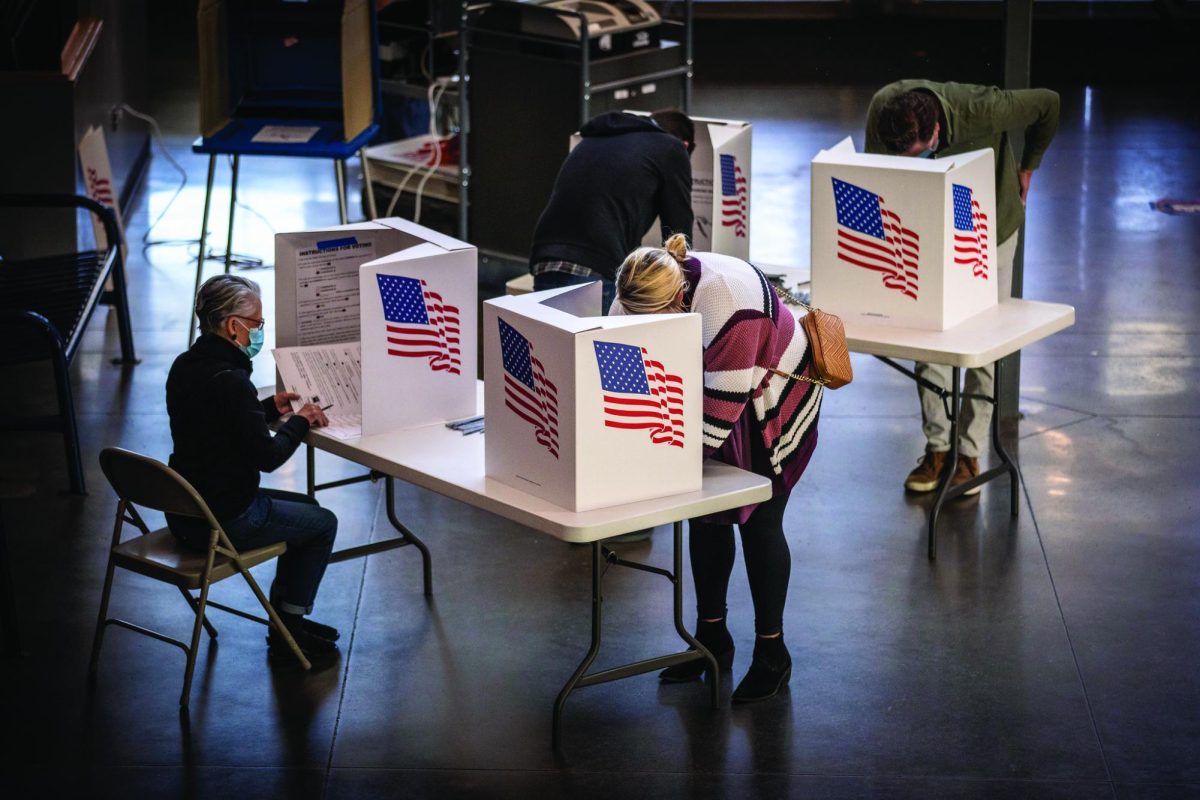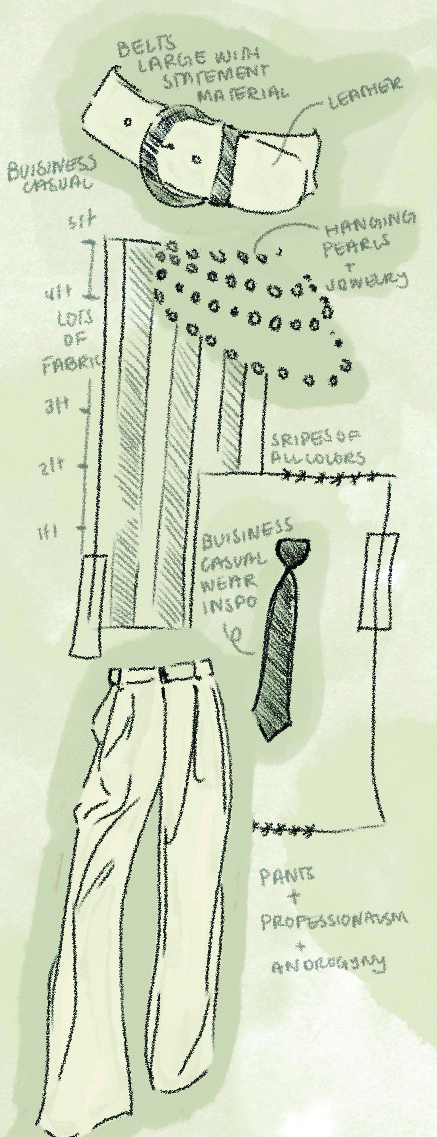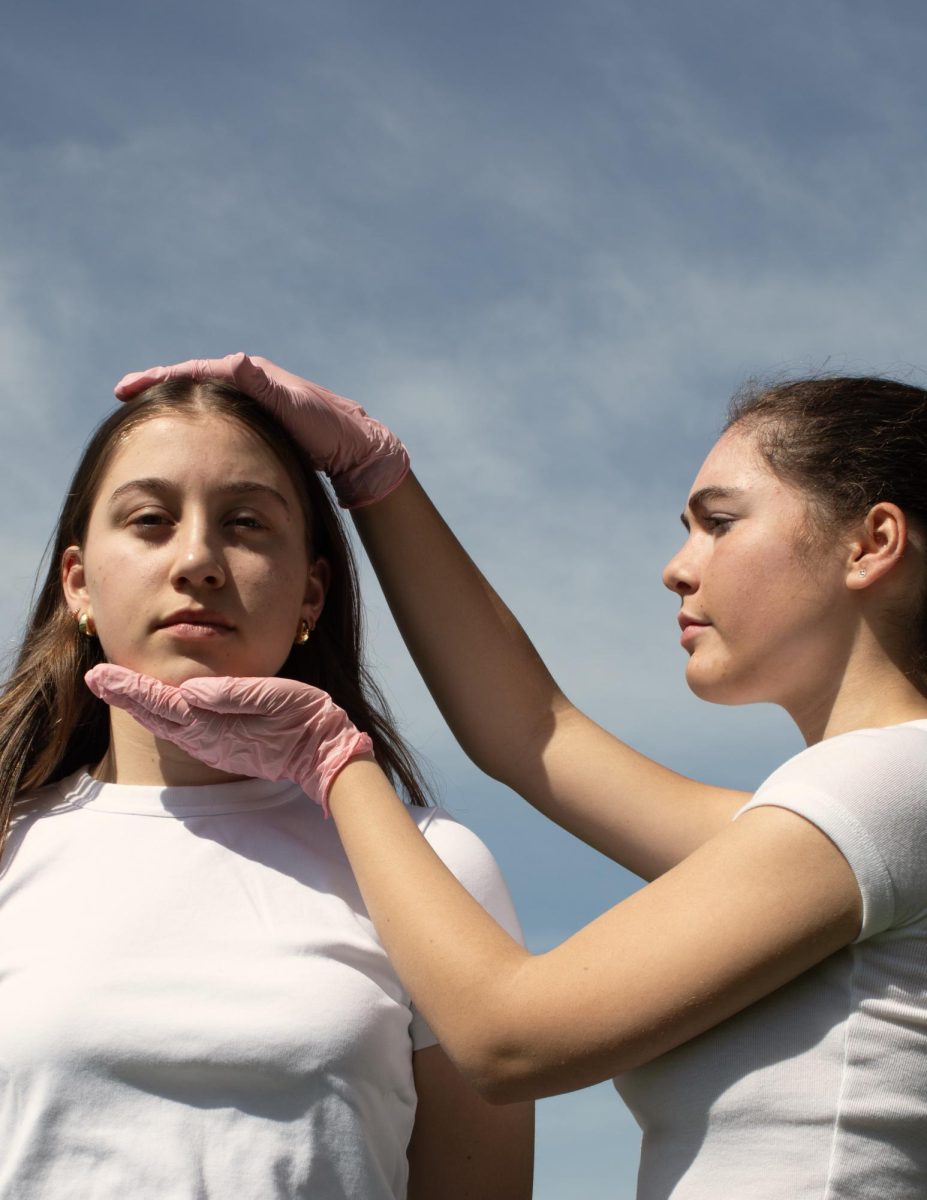
Caroline ’13, Lori ’14 and Ana ’15/ UV Staff
After getting home from another long day at School, you open up Facebook. Because you would rather not start your homework just yet, you click through a friend’s pictures. You come across your favorite, one of your friend making a completely ridiculous face towards the camera, and notice a new comment:
“lol u look like a crackhead!”
You stare at the comment, because you’re unsure of how to react. It seems like kind of a mean thing to say. And it looks like you’re not the only one feeling that way, because another girl commented below:
“don’t be a beezy, she looks hot.”
Then your mom walks into the room.
“What’s up?” she asks, trying to look over your shoulder at the screen.
“Nothing,” you respond, shutting the laptop. “Just stupid teenage drama.”
But is it just drama? Some adults would consider situations like that to be cyberbullying.
Last September, Danah Boyd and Alice Marwick of Microsoft Research published “Bullying as True Drama” in the New York Times, summarizing the results of their work studying teenage girls from all racial and socioeconomic backgrounds in 20 states over the course of four years. Boyd and Marwick conclude that teenagers use the word drama in place of bullying in order to protect themselves from admitting to experiencing the emotional turmoil of being bullied or participating in the cruel abuse of being a bully.
Nearly all students and adults claimed that bullying is not a problem at Marlborough, but all of those interviewed described and acknowledged situations of “drama,” defined usually as a weaker form of aggression than bullying.
What kind of fighting or social discord between girls is serious enough to merit intervention from the School Counselor, the Grade Level Deans or even the Division Directors? Do girls use to word drama to downplay cruel actions or hurt emotions, or does overusing the word bullying to describe normal teen behavior make unkind situations even worse for students?
DEFINING DRAMA
Most everyone in the School community agreed that bullying is a more serious and intentional form of social conflict than drama. However, students and faculty disagree over whether drama deserves to be taken seriously or whether it’s a normal part of growing up.
The way some Marlborough girls described drama matched up well with Boyd and Marwick’s findings. For example, Zoah ’16 dismissed the emotional importance of drama.
“With bullying, it definitely affects people in a negative way. It hurts them, and with drama you can always get over it,” Zoah said.
Isabel ’15 also described drama in terms minimizing its importance. “I think that bullying is when one person specifically is trying to negatively affect another person and it’s usually, well, it’s malicious. Drama is sort of just many people maybe starting some rumors or gossiping,” she said.
Assistant Head of School and Director of the Upper School Laura Hotchkiss said that she is reluctant to use the word bullying to describe conflict in conversation with students and instead tends to refer to problems more frequently as drama because drama is a vague, umbrella term, while bullying carries more weight.
“Bullying is a really loaded word. I think you have to be careful about how you use the word and what it really means,” Hotchkiss said. In addition, Hotchkiss said the social conflicts between girls at Marlborough are often hidden from the view of adults on campus and are therefore less easily identifiable with the physical and obvious way that the media often portrays bullying.
History and social sciences instructor and 10th Grade Level Dean Tom Millar agrees, saying that while there is a clear distinction between the two words, it is sometimes difficult to identify if a situation is normal teenage conflict or if it crosses the line into bullying.
“As a Dean, the questions I ask run along these lines: Is [the situation] coercive? Is it mean-spirited with the intent of damage? Is it consistent, or was it one time but so intensive that it’s damaging?” he said. “There’s clearly room for interpretation.”
School Counselor Emily Vaughn agreed that real life comes in shades of grey, saying she doesn’t think all relational aggression that occurs can be called bullying. She defined bullying as pointed or intentional behavior, whereas drama is conflict that may affect people but isn’t specifically directed towards hurting anyone in particular.
According to Vaughn, teens are naturally emotional and tend to exaggerate, which can lead to misunderstandings and unintentional drama, which she described as normal.
“Drama’s not always bad.” Vaughn said.
However, some students disagree, saying that drama deserves to be taken seriously.
“I would say that drama is definitely an issue,” Taylor ’15 said.
DRAMA BEHIND THE SCREEN
Is drama a new phenomenon? Though many students have lived with social media for most of their adolescent lives, teachers note that the unprecedented frequency of unkind actions over the Internet and social media, inaccessible to adults, are the hardest elements of bullying or drama to understand.
“[The Internet] makes it really tough to be young because it amplifies everything. There’s a generational divide. If you’re my age, or from 35 up, you didn’t live like that,” Millar said, “If somebody feels like they’re being targeted, there isn’t the refuge away from School that there might have been before. They could be home, but then they go check their computer.
Vaughn agreed that social media can exacerbate small problems because more people can witness an argument.
“When someone is speaking really badly about someone on Formspring, Facebook, Tumblr, whatever, it can go to millions of people really quickly,” Vaughn said. “I would consider that bullying.”
Students around School seem to agree, saying that despite social media’s benefits, it has the ability to make dramatic or bullying situations much worse than they ever had to be in the first place.
Taylor said she is wary of what she does on the Internet because the things you write online can create unkind situations at School.
“If you post something on one part of the Internet, then it never goes off, and if someone finds that, it can get really bad,” Taylor said, explaining why she thinks sites such as Facebook can make drama worse.
In addition, according to Lauren ’14, the Internet gives some people more confidence to say things they would not say in person, also perpetuating drama and bullying.
“It’s easier to say things you don’t mean online or anonymously. And
on Facebook it’s easy to get things blown out of proportion. It’s easy to leave people comments online and things like that,” Lauren said.
DO ADULTS UNDERSTAND?
Students at the School are conflicted about whether or when exactly they would prefer the adults on campus to moderate and intervene in situations of bullying and drama between friends. Some students, like Morgan ’15, said they feel that teachers should stay out of all social conflict.
“The thing about teachers is that you’ve got to face them on a fairly frequent basis. You know, School is five times a week and all? And I know for sure that if I have a problem I don’t want to reach out to someone who I’m going to see on a regular basis who isn’t my parent or my best friend.”
Maggie ’15 agrees, adding that adults are less likely to understand what students are going through because of their unrealistic approach to bullying.
“I don’t think adults quite have a grasp on what bullying really is—it’s not always physical or as tangible as a barrage of hurtful comments on the Internet, as they seem to think.”
Along the same lines, Michelle ’16 said she thinks that the administration should only be involved if a student reaches out. However, not all students feel the same way. Emerson says that sometimes the involvement of adults is necessary to regain control of a bad situation.
“If it’s something about shoes, that’s not a big deal, but if it’s something that keeps going on and on and the whole grade talks about it, then I feel like if it gets really big [adults should step in].”
Hotchkiss agrees with Taylor that certain situations require adult assistance, adding that whether or not it is appropriate for the administration to get involved also depends on the situation.
“If the the conflict is calm enough that it can stay after school hours, then I don’t necessarily need to be involved. But if it starts to come into the classroom or it turns into a situation where you can’t work with that student because [she has] a dramatic something going on, then there needs to be some intervention,” Hotchkiss said.
However, according to Zoah, adults fussing over student problems is unnecessary, because drama is just a part of growing up and will always be prevalent in teenage life, whether we like it that way or not.
“I think there’s drama wherever you are,” she said. “It’s just part of people.”


















